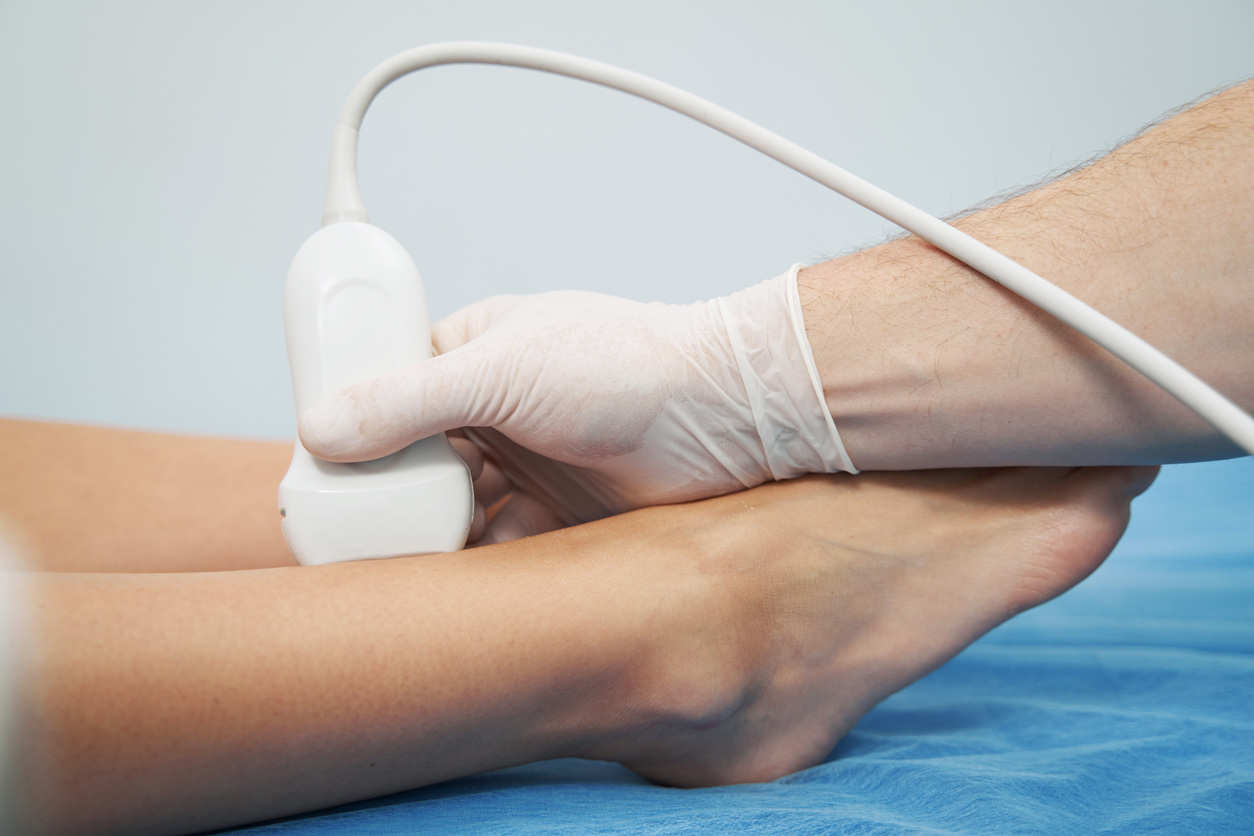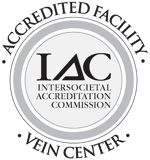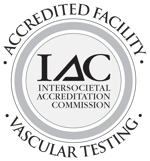Vein procedures, such as ablations, can effectively treat conditions like varicose veins and spider veins. However, it's crucial to know when a vein procedure is truly necessary. At the Vein Institute of NJ at The Cardiovascular Care Group, we regularly see patients who have been advised by other "vein" doctors to undergo multiple ablations, raising concerns about the necessity and frequency of these procedures.
Understanding Vein Procedures
Vein ablation procedures, such as endovenous laser treatment (EVLT) and radiofrequency ablation (RFA), work by closing off the problematic veins, causing them to be absorbed by the body over time. While some veins may reappear after treatment, the vast majority are effectively eliminated with a single procedure. Hence, it's uncommon for a patient to require multiple surgeries unless specific conditions warrant it.
When is a Vein Procedure Unnecessary?
Several factors can help you determine whether a vein procedure is unnecessary:
- Symptoms and Severity: If your symptoms are mild and not affecting your daily life, conservative treatments such as compression stockings, exercise and lifestyle changes may be sufficient.
- Second Opinions: If you are advised to undergo multiple procedures or are uncertain about the necessity of a suggested treatment, seek a second opinion from a board-certified vascular doctor.
- Doctor's Specialty: Vein treatments should ideally be performed by a vascular specialist. While dermatologists, interventional radiologists, cardiologists and other physicians may offer these services, vascular doctors have specialized training and experience in diagnosing and treating vein conditions.
- Ethical Practice: Be cautious of clinics that seem to push for unnecessary procedures. A reputable practice will prioritize your health and provide honest assessments.
The Importance of Vascular Specialists
Choosing a vascular specialist for your vein treatment ensures you receive care from a physician with in-depth knowledge and expertise on the vascular disease pathology and conditions. At the Vein Institute of NJ, we pride ourselves on having:
- IAC Accredited Lab: Our lab is accredited by the Intersocietal Accreditation Commission (IAC), ensuring high standards of care and accurate diagnostics.
- Board-Certified Vascular Doctors: Our team comprises board-certified vascular doctors with extensive experience and training.
- Trained and Registered Vascular Technologists: Our technologists are highly trained and registered, ensuring precision in diagnostic and treatment procedures.
- Over 60 Years of Ethical Practice: With a long-standing history of ethical practice,
we prioritize patient health and provide treatments that are truly necessary.
The Value of Second Opinions
Seeking a second opinion can provide clarity and peace of mind when considering a vein procedure. A second opinion can confirm the necessity of a treatment, suggest alternative options, or even prevent unnecessary procedures. It ensures you receive the most appropriate and effective care for your condition.
Understanding when a vein procedure is unnecessary is crucial in avoiding redundant treatments and ensuring you receive the best care. Always consider the severity of your symptoms, the specialty of your doctor, and the value of a second opinion. At the Vein Institute of NJ, our commitment to ethical practice, specialized care, and patient-centered approach ensures you receive the highest quality treatment for your vascular health. If you have any concerns or need a second opinion, don't hesitate to contact us.
For more information or to schedule a consultation, visit our website or call our office. Your vascular health is our priority.








.jpg?width=944&name=Castle-Connolly-Top-Doctors-Emblem-Large%20(4).jpg)